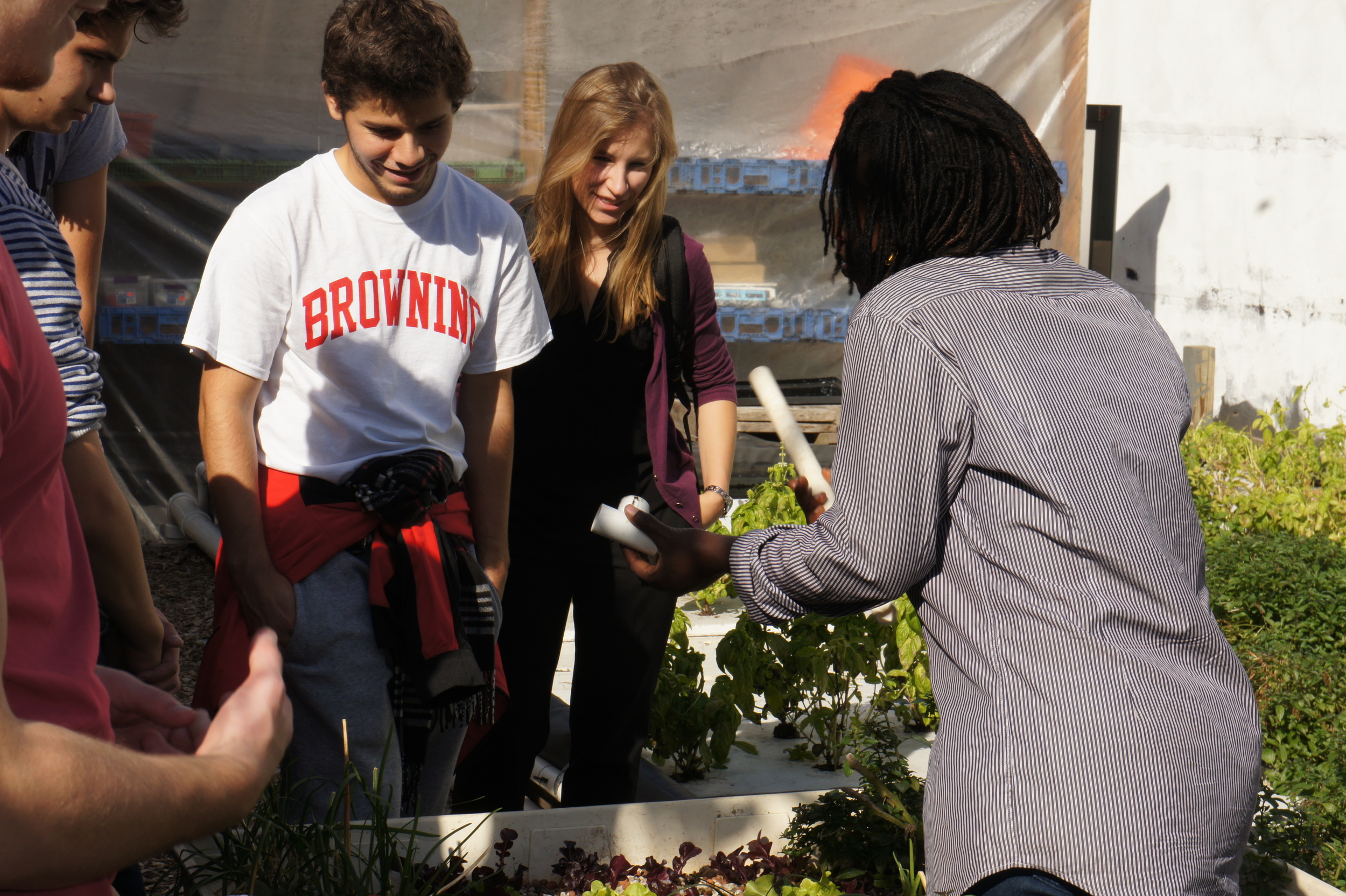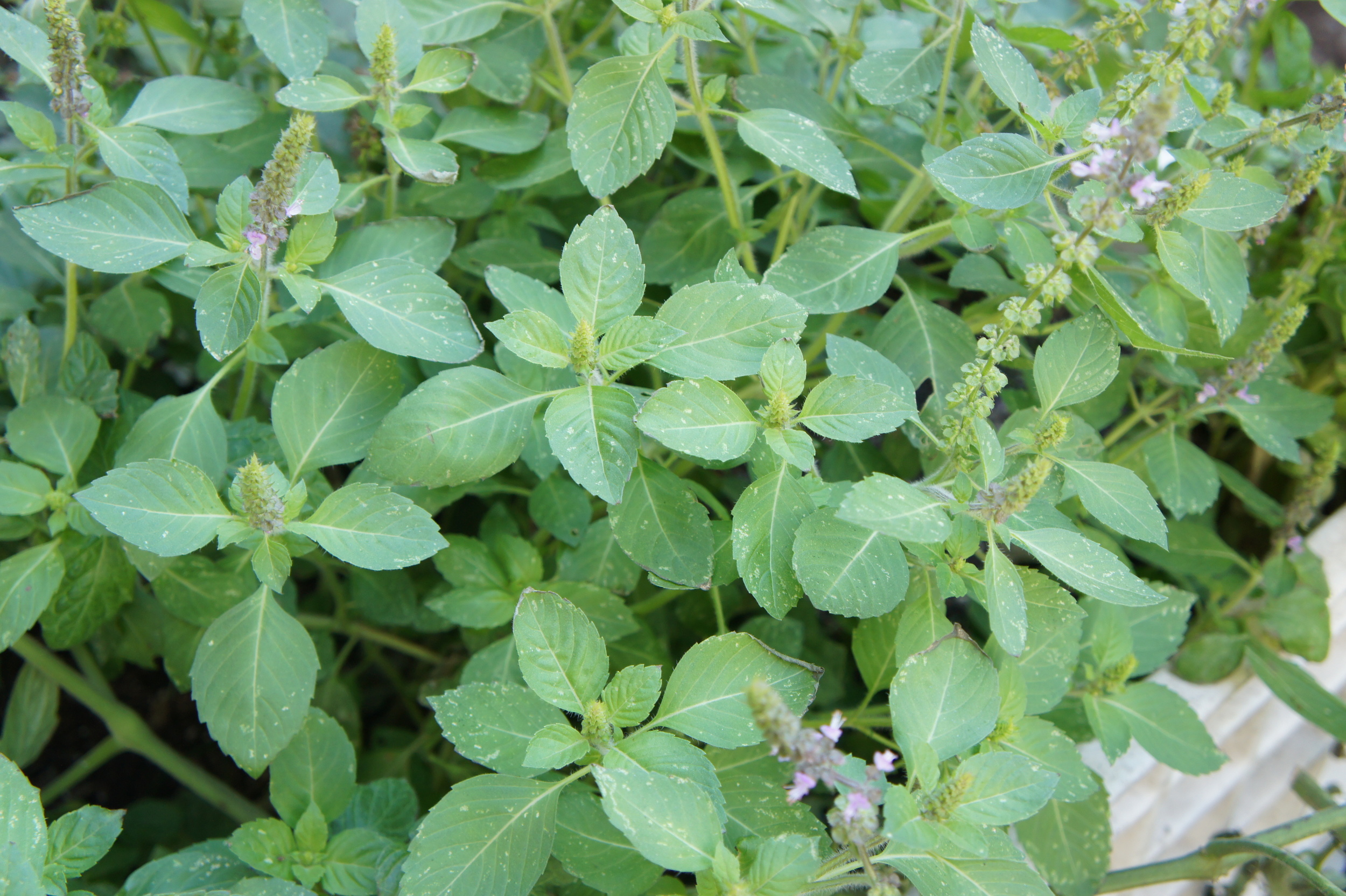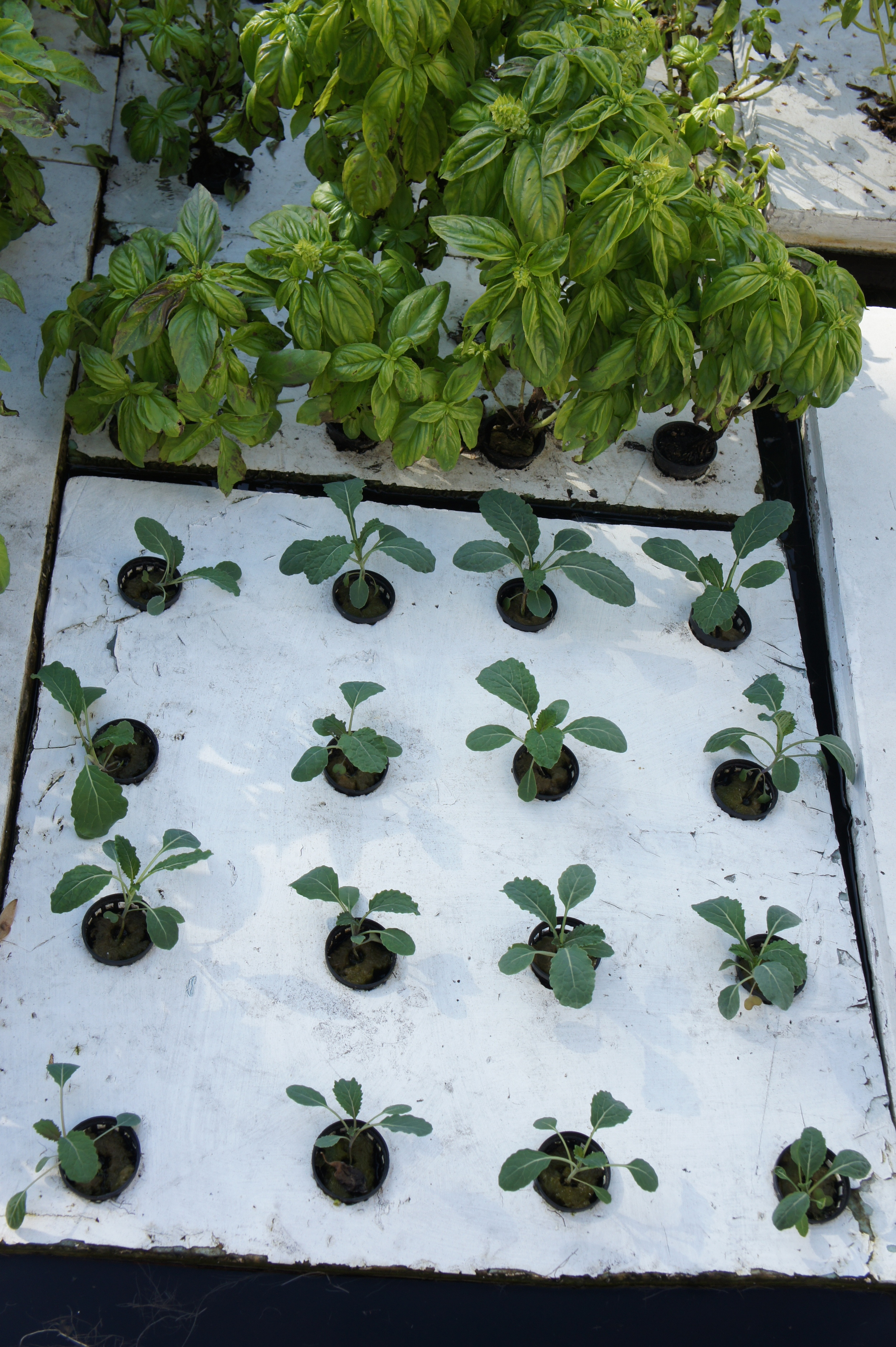Conservation Biology Class Visits Oko Farms
In October, the boys in Emilie Wolf’s conservation biology class visited Oko Farms, a commercial urban aquaculture and education company on Moore Street in Brooklyn. As its website explains, this farm “utilizes a hybrid of aquaculture and hydroponics known as aquaponics to raise freshwater fish along with a variety of vegetables and fruits. Waste water from the fish tank is constantly pumped through several hydroponic grow beds to provide nutrient rich fertilizer for our plants. In return, the plants filter all of the toxic waste from the water while it cycles through the system. This constant cycling of nutrients via fish waste creates an extremely efficient recycling system that allows the farm to avoid the toxic environmental run-off that characterizes current aquaculture practices.” The Oko Farms website also notes, “By implementing aquaponics in New York City, we shrink the carbon footprint for fish consumption, reduce the ecosystem pollution and health concerns associated with commercial-scale aquaculture, and produce a high-yield of organically grown vegetables in dense urban spaces.”
Ms. Wolf noted, “This experience at Oko Farms helped the boys put our project into context and see firsthand the real world application of the knowledge they are gaining in class.” Director of Publications Melanie McMahon, who accompanied Ms. Wolf and her class, offers the following report:
The farm’s manager and co-founder, Yemi Amu, provided the Browning boys with an in-depth tour of this urban farming operation – tucked into a surprisingly small area between two buildings – and recommended ways to ensure the boys will have success with their own (albeit much smaller!) classroom aquaponics garden at Browning. Ms. Amu, who earned her master’s degree in health and nutrition education from Teachers College, Columbia University, discussed the importance of maintaining three basic components: livestock, plants and the system itself. “It’s important to match the needs of the fish with the needs of the plants,” she said. She also advised that carrots and rosemary are not easy to grow in an aquaponics system, but lettuce, leafy greens, basil and mint are ideal. Ms. Amu even suggested the boys could grow “Little Flower” watermelons!
Painted on the back wall of the garden at Oko Farms is the phrase, “Food for the body is not enough. There must be food for the soul.” Having gained personal satisfaction from her farm work despite the trial and error involved, Ms. Amu personifies the type of person who considers work a true labor of love. In the past three years of working this farm, she has learned what works and what does not in this labor-intensive endeavor. Since pesticides will kill the fish, she uses a mist of garlic and water to get rid of pests. The pH balance of the water can be controlled naturally with the use of egg shells and oyster shells, known as “buffer.” She also learned that tilapia don’t do well in the winter, but catfish and koi do. Crop rotation is also vital.
For more information about the farm, log on to www.okofarms.com












